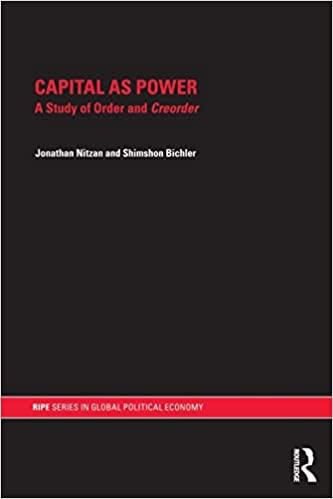Question
We are evaluating a project that costs $1,100,000, has a ten-year life, and has no salvage value. Assume that depreciation is straight-line to zero over
We are evaluating a project that costs $1,100,000, has a ten-year life, and has no salvage value. Assume that depreciation is straight-line to zero over the life of the project. Sales are projected at 47,000 units per year. Price per unit is $50, variable cost per unit is $25, and fixed costs are $770,000 per year. The tax rate is 35 percent, and we require a return of 10 percent on this project. a. Calculate the accounting break-even point. (Do not round intermediate calculations and round your answer to the nearest whole number, e.g., 32.) Break-even point units b-1 Calculate the base-case cash flow and NPV. (Do not round intermediate calculations and round your NPV answer to 2 decimal places, e.g., 32.16.)
| Cash flow | $ |
| NPV | $ |
b-2 What is the sensitivity of NPV to changes in the sales figure? (Do not round intermediate calculations and round your answer to 3 decimal places, e.g., 32.161.) NPV/Q $ b-3 Calculate the change in NPV if sales were to drop by 500 units. (Enter your answer as a positive number. Do not round intermediate calculations and round your answer to 2 decimal places, e.g., 32.16.) NPV would (Click to select) decrease increase by $ c. What is the sensitivity of OCF to changes in the variable cost figure? (A negative answer should be indicated by a minus sign. Do not round intermediate calculations and round your answer to the nearest whole number, e.g., 32.) OCF/VC $
Step by Step Solution
There are 3 Steps involved in it
Step: 1

Get Instant Access to Expert-Tailored Solutions
See step-by-step solutions with expert insights and AI powered tools for academic success
Step: 2

Step: 3

Ace Your Homework with AI
Get the answers you need in no time with our AI-driven, step-by-step assistance
Get Started


